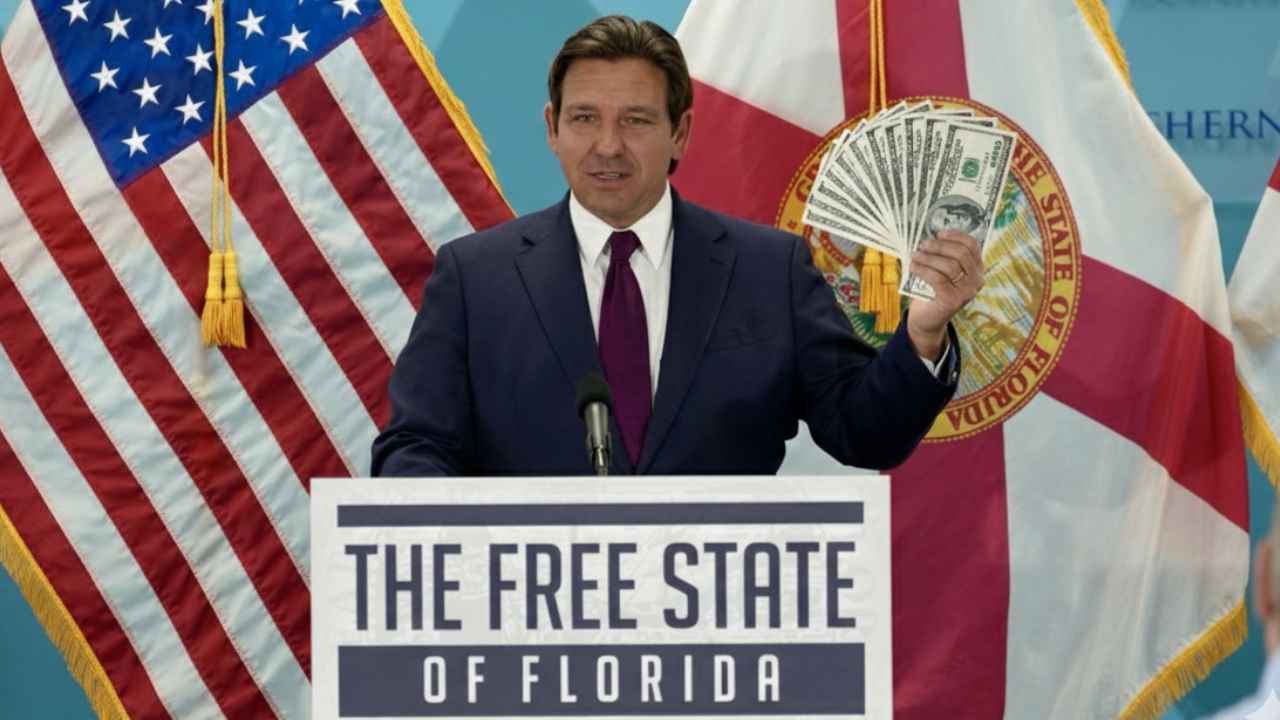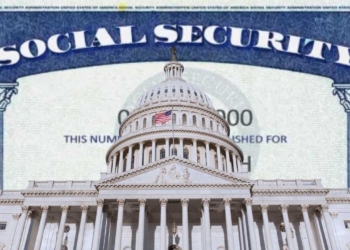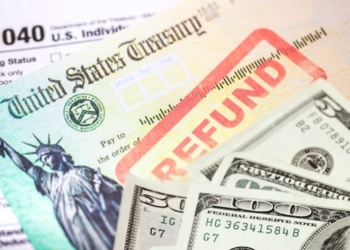The state of Florida, with its eternal sunshine and idyllic beaches, is also one of the most taxpayer-friendly, with a tax refund program of up to $1,000 designed as tax relief for residents who meet a few simple requirements.
The measure is designed to assist homeowners facing high costs associated with property taxes. According to official information, this is not a one-off or temporary program, but rather a legislative proposal that, if approved, could return billions of dollars to Florida taxpayers.
Where does this proposed tax refund in Florida come from?
The origin of the state rebates dates back to a statement by Governor Ron DeSantis, made on March 31, 2025, at an event in Orlando. During his remarks, the governor urged the Florida Legislature to authorize these tax rebates, proposing the use of the state’s considerable budget surplus.
This surplus is attributed to the solid revenue generated by the retail and tourism sectors. The central idea is to provide immediate relief to taxpayers while moving toward a possible constitutional amendment that would permanently eliminate property taxes.
What’s the state of this tax refunds program?
By October 2025, the initial proposal was formalized through House Bill 71 (HB 71). This piece of legislation, sponsored by State Representative Jeff Holcomb (R-Spring Hill), represents an expansion of the original idea, proposing annual payments instead of a one-time distribution.
Funding for these refunds would come from state general revenues. The program would be administered by the Florida Department of Financial Services, which would coordinate its actions with county property appraisers. Although the total amount of reserved funds has not been specified, preliminary estimates indicate that the program would benefit millions of homeowners.
The amount of the proposed tax refund checks in Florida
The proposed amount for each eligible property is $1,000 per year. According to the text of HB 71, this distribution would be repeated annually for a period of five consecutive years, from 2026 to 2030. Thus, the relief per household would total $5,000 over the five-year period.
Governor DeSantis’ original proposal, in contrast, contemplated a one-time payment averaging approximately $1,000 per property, which would be used to cover mandatory state school taxes.3
Eligibility criteria to claim the rebate
Eligibility for the rebate is subject to meeting several criteria prerequisites. Applicants must own a primary residence in Florida with the homestead exemption, a benefit that confirms the property is their permanent residence. The home’s taxable value must also fall within a range of $100,000 to $450,000.
The individual must be a full-time Florida resident. Projections indicate that approximately 5.1 million homesteaded properties could benefit. The regulations explicitly do not apply to investment properties, second homes, or properties with values outside the specified range.
Verification of compliance with these requirements would be performed automatically by county assessors, using existing records. Therefore, property owners who already have an active homestead exemption and whose taxable value falls within the established range would not need to submit an additional application to receive the benefit.
The process would be based on data already maintained by local governments, simplifying the process for citizens.
The potential dates for this tax project
Regarding payment dates, the original proposal, which contemplated a lump sum payment, aimed to distribute funds in December 2025 through direct mailed refund checks. However, HB 71, which introduces the annual payment scheme, plans to begin distributions in 2026.
The intention is for these funds to be delivered before November of each year, coinciding with the season in which taxpayers receive property tax bills, which are typically due on March 31 of the following year. The shipping logistics would again be handled by the Department of Financial Services.
The distribution of payments has not yet begun, and final approval will depend on decisions made in the legislative session scheduled for 2026.







